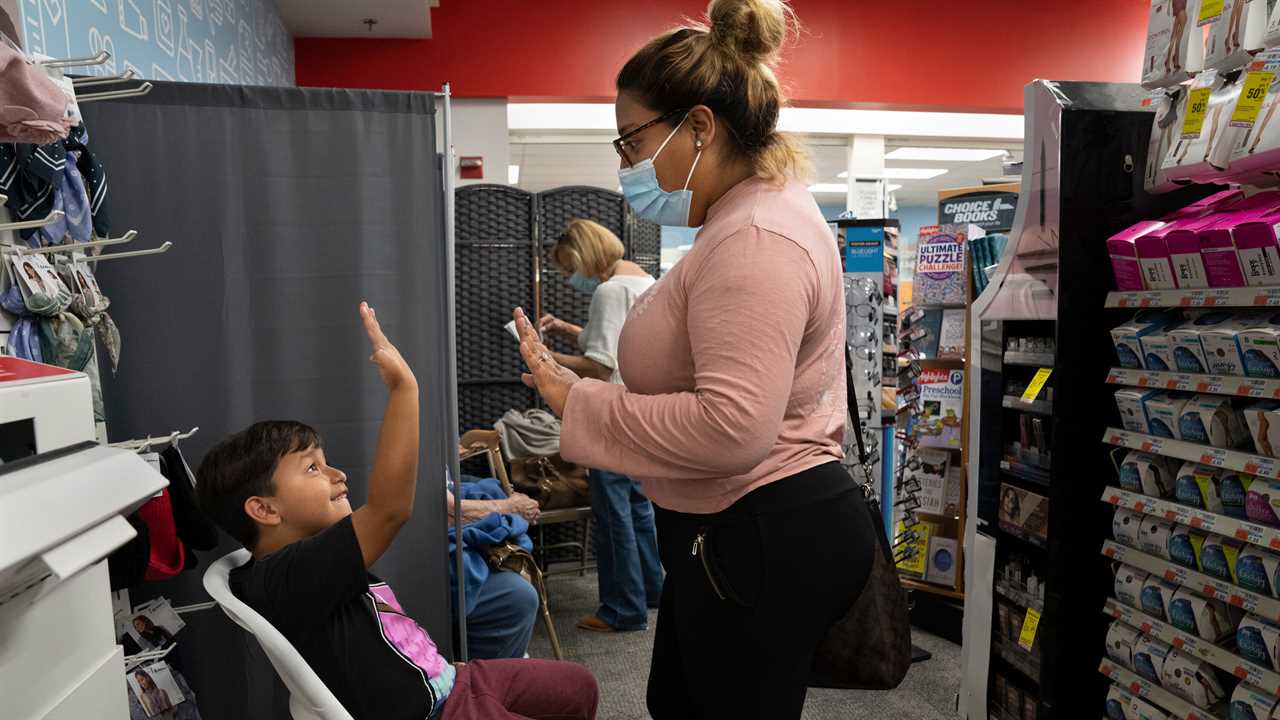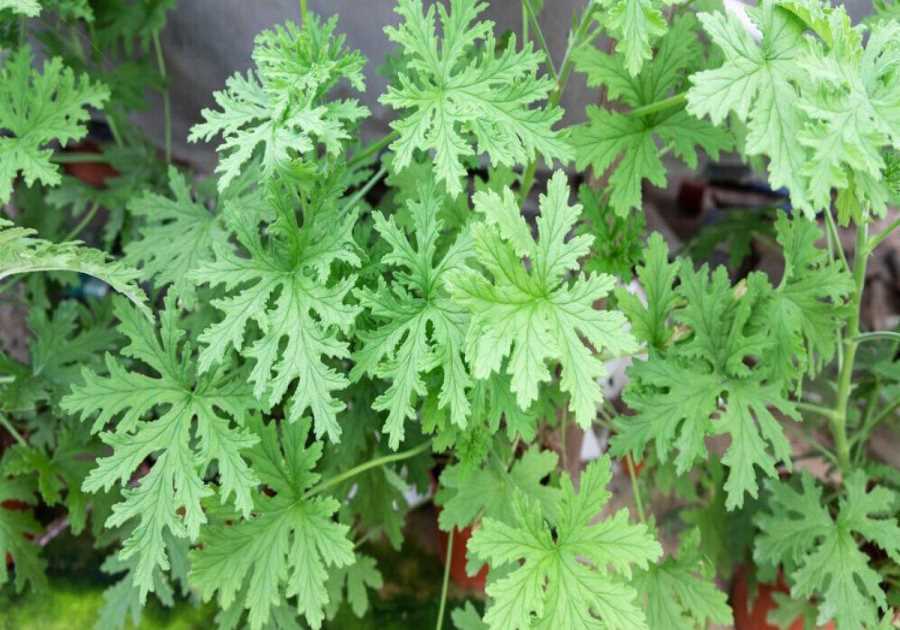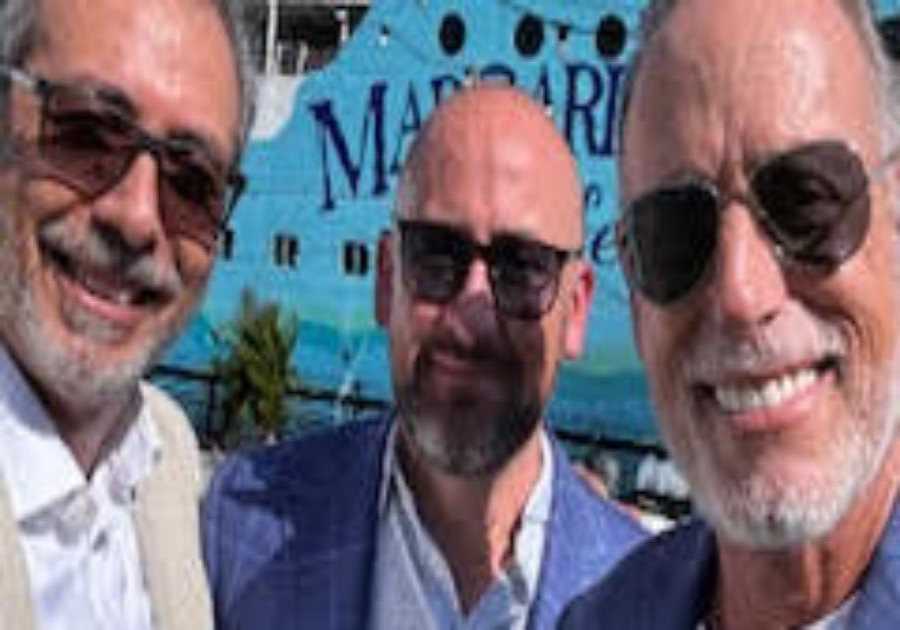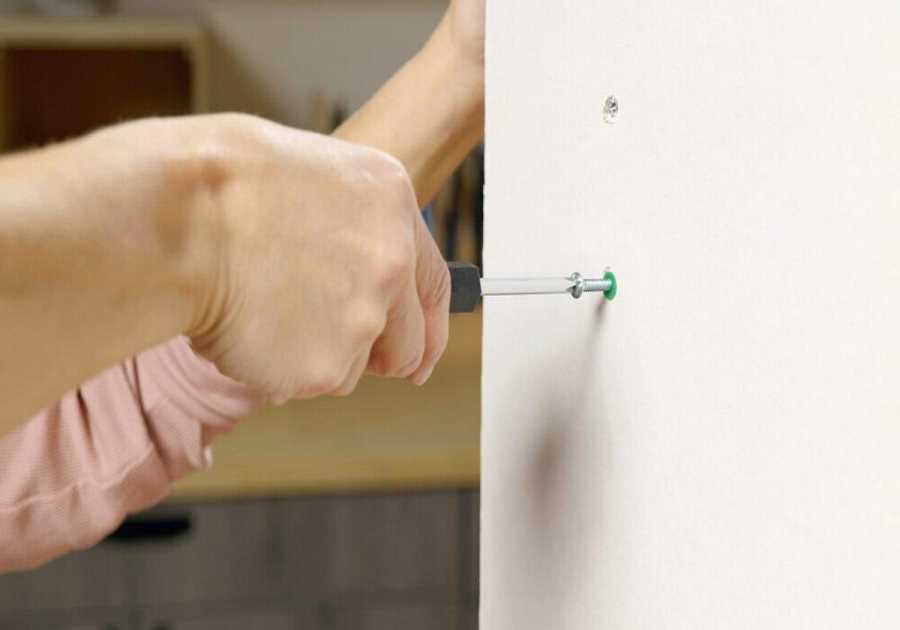
In the Bronx, a youth counselor closed his eyes and steeled himself for the shot. In Queens, a nurse calmed herself by humming gospel music. In Manhattan, a graduate student asked one last question about fertility while reviewing the consent form.
With a mixture of nervousness, resentment and, sometimes relief, hundreds of thousands of New Yorkers finally got a dose of coronavirus vaccine in recent weeks. In some cases, it was because they had a change of heart; perhaps more commonly, it was to keep their jobs.
The uptick in vaccinations has contributed, experts say, to a flattening of the virus curve in New York City, where the numbers of new infections and hospitalizations have been falling — a trend across the United States as well.
Yet with winter approaching, public health experts are watching closely for yet another rise in infections. New York’s vaccination rate is higher than that of the country as a whole, with two out of every three residents fully inoculated. Still, about one million adult New Yorkers have not gotten at least one vaccine dose.
In recent months, the vaccination rates among Black and Hispanic New Yorkers, which had lagged behind those of white and Asian residents, has climbed. But Black residents 18 to 44 remain far less likely to be vaccinated than adults in other groups.
The New York Times interviewed 10 New Yorkers who only recently got vaccinated to find out why they waited so long.
Many cited employer mandates as a major factor. A number of large companies have required employees to get vaccinated, and in the past three weeks, New York State has demanded it of all health care workers. New York City has forced teachers do the same, while requiring all other municipal employees to get vaccinated or undergo regular virus testing.
Some of the newly vaccinated New Yorkers said the mandates were coercive and had left them upset and even more distrustful of government.
Others said they got vaccinated in solidarity with relatives who were doing so, or because a recent bout with Covid-19 had made them feel vulnerable. Some said they were glad to get it over with.
“I would go to church with my kids, and I would hear someone cough and I would startle,” said Cilotte Lovinsky, a hospice nurse, who was vaccinated in September. “Now I feel comfortable.”
Here are five of their stories:
The home health aide
Tiffany Fields, 35
In the deadly virus wave of early 2020, Tiffany Fields, a home health aide, visited her clients wearing a garbage bag around her body and plastic bags over her shoes because she could not find protective gear at stores. She was that worried about getting sick.
Yet when vaccines became available, she was not interested.
“Listening to the government was the last thing on my mind,” Ms. Fields, a delegate for Local 1199 of the Service Employees International Union, said.
Skeptical of the flu vaccine as well, she assumed that the development of coronavirus vaccines had been rushed and that it was too soon to know if they were safe.
“I didn’t know if they were testing all the poor people before they gave it to the rich people,” she said, adding that as a Black woman she had particular concerns about the vaccines, given the history of medical experimentation on Black Americans.
As time passed, she began to wonder whether she was making a mistake. “What if they run out of the vaccine and they say you had your chance to take it?”
Last month, she tested positive for the virus. Despite feeling fine, she spent days sitting in her darkened bedroom, waiting for the worst. She began to draft a letter to her landlord asking that her boyfriend be allowed to continue living in her apartment should she die.
When she emerged from isolation, her attitude toward the vaccine had changed. It was time to get the shot.
“You can hear about the boogeyman all day along,” she said. “Then one day he shows up.”
The nonprofit executive
Emely Paez, 33
Emely Paez said some of her relatives had likened Covid-19 to a bad flu that could be overcome with rest and herbal tea. They also had worries about the new vaccines.
“The feeling was that you’d be some sort of guinea pig in this experiment,” she said, noting that such views had influenced her at first.
Ms. Paez gave birth to a son in September 2020 and she feared that vaccinating herself might harm him through her breast milk. The worry is common among many nursing mothers, although researchers have found the opposite to be true: Milk from vaccinated mothers often contains antibodies that may provide protection to infants.
“It was the ‘We don’t know,’” Ms. Paez said. “This is a new vaccine, and I’m putting this in my body and passing it on to my little one. How is he going to react?”
Her doctor reassured her that she had nothing to worry about. “If anything, you are giving the baby antibodies he needs,” she recalled being told.
For much of last year, she and her family were cloistered at home with the newborn. Her older daughter was attending elementary school remotely.
The Coronavirus Pandemic: Latest Updates
- With vaccinations ahead of schedule, South Korea will ease Covid rules, and other international news.
- Italy’s stringent ‘vaccine or test’ requirement for workers took effect Friday, more or less smoothly.
- Chicago’s mayor and the city’s largest police union clash over vaccinations.
But Ms. Paez realized over this past summer that not getting vaccinated created difficulties. There was what she called the “frustrating” weekly testing requirement established by the Hispanic Federation, an umbrella organization of nonprofit agencies where she is the director of government affairs and civic engagement. Her partner also was not vaccinated, causing him to miss out on work opportunities.
On a visit to the Bronx Zoo in August, Ms. Paez realized that unvaccinated adults would soon be barred from indoor exhibits there. That would mean no more Congo Gorilla Forest. “We love those gorillas,” she said.
As summer turned to fall, she and her partner concluded it was time to get vaccinated. “I didn’t want to continue to have these roadblocks in the things we do,” she said.
Her partner went first. On Oct. 1, she walked into a Rite Aid for a first dose of the Pfizer-BioNTech vaccine.
The ICU nurse
Mechelle Webb, 52
In spring 2020, Mechelle Webb, a critical care nurse at Jamaica Hospital in Queens, cared for the sickest Covid-19 patients, many of them on ventilators. She cleared their breathing tubes, checked their IV lines, turned them in their beds and spoke reassuringly to those who could not respond.
Yet she did not get sick. As time passed, she grew less afraid of Covid-19. She trusted her N95 mask to keep her safe.
She did not get vaccinated when she first had the chance. She has severe allergies and was worried about how her body would react, even though severe allergic reactions to the vaccines are rare. And if wearing a mask worked, why get a vaccine?
She noticed that patients at the hospital who were vaccinated tended to fare better than those who were not. Still, she was unconvinced.
Then the state announced its mandate for hospital workers in mid-August. Ms. Webb, a nurse for 34 years, did not appreciate the pressure. She wanted to reach this decision on her own. “The mandate should not be the first reason I took it,” she said.
What to Know About Covid-19 Booster Shots
The F.D.A. authorized booster shots for a select group of people who received their second doses of the Pfizer-BioNTech vaccine at least six months before. That group includes: vaccine recipients who are 65 or older or who live in long-term care facilities; adults who are at high risk of severe Covid-19 because of an underlying medical condition; health care workers and others whose jobs put them at risk. People with weakened immune systems are eligible for a third dose of either Pfizer or Moderna four weeks after the second shot.
Regulators have not authorized booster shots for recipients of Moderna and Johnson & Johnson vaccines yet. A key advisory committee to the F.D.A. voted unanimously on Oct. 14 to recommend a third dose of the Moderna coronavirus vaccine for many of its recipients. The same panel voted unanimously on Oct. 15 to recommend booster shots of Johnson & Johnson’s one-dose vaccine for all adult recipients. The F.D.A. typically follows the panel’s advice, and should rule within days.
The C.D.C. has said the conditions that qualify a person for a booster shot include: hypertension and heart disease; diabetes or obesity; cancer or blood disorders; weakened immune system; chronic lung, kidney or liver disease; dementia and certain disabilities. Pregnant women and current and former smokers are also eligible.
The F.D.A. authorized boosters for workers whose jobs put them at high risk of exposure to potentially infectious people. The C.D.C. says that group includes: emergency medical workers; education workers; food and agriculture workers; manufacturing workers; corrections workers; U.S. Postal Service workers; public transit workers; grocery store workers.
It is not recommended. For now, Pfizer vaccine recipients are advised to get a Pfizer booster shot, and Moderna and Johnson & Johnson recipients should wait until booster doses from those manufacturers are approved.
Yes. The C.D.C. says the Covid vaccine may be administered without regard to the timing of other vaccines, and many pharmacy sites are allowing people to schedule a flu shot at the same time as a booster dose.
But by Aug. 23, after much prayer, she felt ready. As she sat in the chair waiting for her shot, she began to sing the words of a gospel song: “I’m no longer a slave to fear.”
The youth mentor
Jarrell Hughes, 34
Jarrell Hughes woke up on Sept. 23 and turned on the local news. That was how he learned the vaccine mandate for educators in the city’s public school system had been upheld in court.
For Mr. Hughes, who leads after-school programming at a community center, coaches basketball and works as a referee, that settled the matter.
Until then, he had resisted getting vaccinated. Some of his reluctance stemmed from having grown up in a Nation of Islam household, he said, noting the group’s anti-vaccine rhetoric.
But he had also worked through the deadly surge in spring 2020 without getting sick. He figured the precautions he was taking — surgical mask, intermittent testing, avoiding public transportation — were working.
And why, he wondered, should he get a vaccine designed against an earlier strain of a virus that was constantly changing? (Experts say the existing vaccines provide strong protection against even the highly contagious Delta variant.)
The community center where he works is in the middle of the Bronx River Houses, a public housing complex. Friends and colleagues began lobbying him to get vaccinated, and kept at it for six months.
“When we getting that shot?” a local community organizer would ask.
“Trust science,” Mr. Hughes would shoot back at those who were prodding him, explaining that waiting would yield more data.
Then he learned he was subject to a mandate: City Hall had decided that staff at some after-school programs should be vaccinated along with public school employees. Mr. Hughes briefly pondered quitting.
“I don’t have a boatload of money,” he said. “If I did, I could outlast this. But I have to earn a buck.”
On his way to work on Sept. 23, he ducked inside a mobile vaccine clinic and got a dose of the Moderna vaccine.
“I fought a long and hard fight,” he said. “It was taken out of my hands with the mandate.”
He told friends that he had gotten vaccinated, even sending around a video of the moment, knowing it might encourage other holdouts. But he has not made peace with what happened.
“I’m not OK with it to be honest with you,” he said recently.
The case worker
Xibelli Valdespino, 25
Last December, four generations of Xibelli Valdespino’s family, from her 7-year-old son to her 86-year-old grandfather, gathered for Christmas Eve. Within a day, they began testing positive for Covid-19. Her grandfather soon died, and her mother struggled to breathe. Ms. Valdespino felt so ill she wondered whether she would ever recover.
For a long time after, she was angry: at God, at the pandemic, at herself.
“Maybe if I had taken this more seriously and we had not all gathered together for Christmas, maybe my grandfather would be here,” said Ms. Valdespino, a case worker whose clients are people with mental illness.
Yet her initial response was to reject the vaccine. She worried about side effects. She had also encountered strange and untrue conspiracy theories on social media and was unable to dismiss them. The vaccines magnetized people, causing spoons to stick to your body, according to one. The vaccines lowered the quality of your blood, according to another.
(While a small number of recipients have developed rare blood disorders or blood clots in the brain, experts say, the vaccines are safe for the overwhelming majority of people.)
“Things like that you hear every day and you just start getting scared,” Ms. Valdespino said.
But she also saw that people everywhere were getting vaccinated without turning ill. And the pandemic was not simply going away. One variant appeared after another. She began to think about getting vaccinated as less of a personal decision, and more as a communal project.
“We all have to do this all together,” she said. “So we can see another day and move forward with our lives.”
At work, Ms. Valdespino saw just how isolated many of her clients had become during the pandemic. Last week, one of them, a former teacher, seemed overwhelmed with gratitude when Ms. Valdespino, one of the woman’s few connections to the outside world, came to see her.
Ms. Valdespino kept replaying the visit in her mind. Until more people were vaccinated, she realized, far too many people would remain cut off.
“We’re only going to keep suffering if we don’t all get on the same page,” she said.
On Tuesday, she walked into a CVS in the Bronx and got a shot.
Title: They Resisted Getting Vaccinated. Here’s Why They Changed Their Minds.
Sourced From: www.nytimes.com/2021/10/16/nyregion/coronavirus-vaccine-resistance.html
Published Date: Sat, 16 Oct 2021 07:00:09 +0000
Did you miss our previous article...
https://rsssuperfeeds.com/viral-news/reports-say-a-conservative-uk-lawmaker-was-stabbed-to-death






